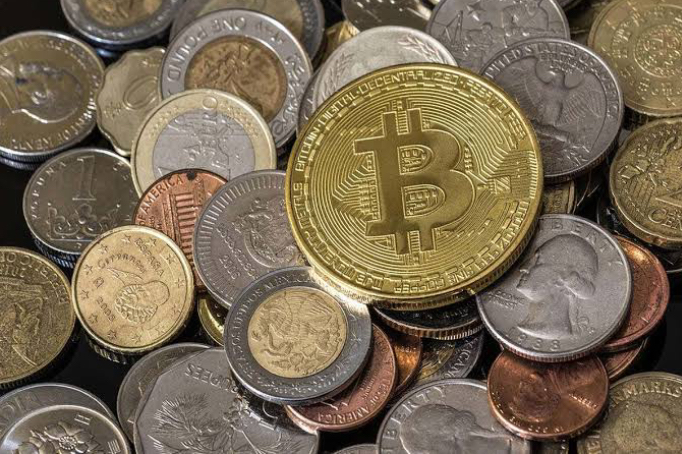A new report claims that 20 per cent of Nigerians are using Bitcoin to carry out financial transactions every day.
According to the open-source blockchain website, Elastos, the research was compiled from online interviews conducted with 1,407 self-defined ‘tech savvy’ respondents in Brazil, Germany, Nigeria, South Korea, UAE, the UK, and the US.
The interviews were completed by a third party, a registered market research company and completed between 30 March and 04 April ’24.
The report further revealed that 67 per cent of Nigerians would have more trust in Bitcoin to put their life savings than banks and local governments.
The report reads;
“The inaugural BIT Index (Bitcoin; Innovation & Trust) – compiled from over 1,400 self-defined ‘tech savvy’ respondents from 7 countries across the globe – sheds light on the actual perception and use of Bitcoin in people’s daily lives, irrespective of its current valuation. Elastos’ BIT Index is part of ongoing research to better track the ‘real world’ use of Bitcoin together with users’ motivations, expectations and barriers around the same.
“In particular, the data reveals the role being played by emerging markets in terms of understanding, usage and confidence around Bitcoin. Nigerian respondents’ levels of usage and trust compare starkly with those expressed from so-called ‘established’ markets such as Germany and the UK and Germany where daily usage levels are just 8% (for German respondents) and (9% for their UK counterparts).
“In terms of the trust – in addition to Nigeria – significant proportions of respondents from Brazil (35 per cent) and the UAE (32 per cent) would have more confidence in Bitcoin-based services to protect their life savings compared to those from markets such as the UK (20 per cent) and Germany (22 per cent).
“When it comes to ensuring the integrity of online transactions, emerging market respondents also revealed their relative confidence in Bitcoin, compared to alternatives. According to the data, 66 per cent of Nigerian respondents and 35 per cent from Brazil have more confidence in Bitcoin-based systems than alternatives such as banks, or national Governments, compared to figures of just 16 per cent (Germany) and 21 per cent (UK) who feel the same.

